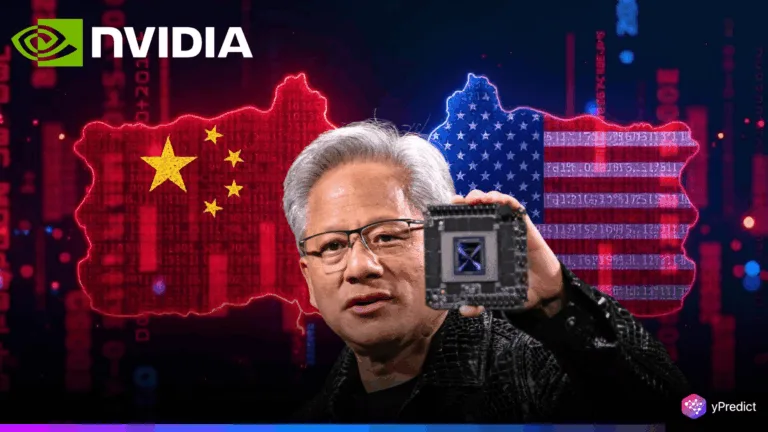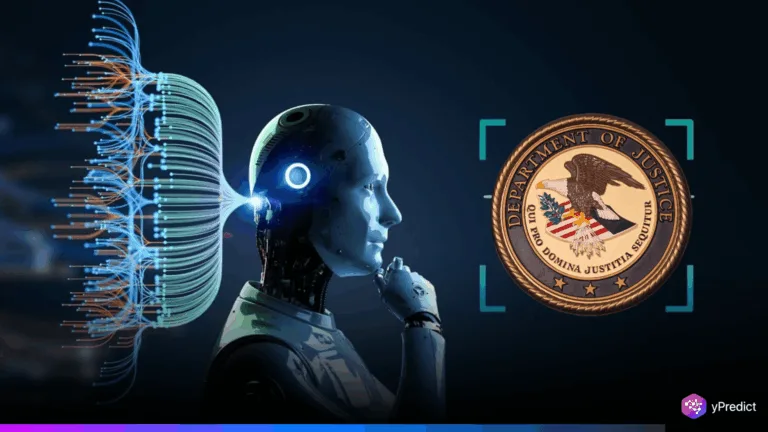
With the US-China relations worsening, President Xi Jinping is calling for China to spur its independence in artificial intelligence and semiconductor technology. In a top-level Communist Party meeting, Jinping stressed that dependence on foreign technologies is full of risks, especially given tighter US export controls.
These words are a reaffirmation of Chinese national intent to strengthen the scientific and technical capabilities of China. This act reflects a deliberate Chinese response to a disorganized international system of technology where security issues and the war for technical mastery are shaping international affairs.
China Emphasizes Technology Sovereignty
According to Reuters on Saturday, quoting official Chinese media reports, President Xi Jinping reaffirmed the Chinese government’s strategy prioritizing artificial intelligence. He emphasized that “self-reliance and self-strengthening” were essential to propel the domestic AI development further. At the Politburo study session on Friday, he emphasized using China’s newly integrated system to accelerate AI innovation and development.
President Jinping stressed the timely imperative to tackle major issues, particularly the development of cutting-edge technology like high-end chips. These advances are regarded as essential to China being at the forefront of the newly expanding world artificial intelligence market. Nevertheless, longstanding trade spats with America remain a major challenge.
During the Politburo study session on Friday, President Jinping emphasized the urgency for China to speed up its development of artificial intelligence by leveraging its “new whole national system.” Xi emphasized that one needs to fill existing loopholes and pushed for increased investment to innovate technology, develop industries, and apply AI across numerous sectors. Jinping reportedly said:
“We need to recognize the shortcomings and strive all the more to thoroughly upgrade technological innovation, industrial development, and AI-powered applications… We need to continue to enhance fundamental research, prioritize efforts to overcome fundamental technologies like high-end chips and fundamental software, and establish an AI system that is autonomous, controllable, and enables coordinated operations.”
President Jinping also addressed China’s increasing resolve to reach technical independence amid US export bans on advanced-level semiconductors and other associated technologies. President Jinping emphasized the geopolitical relevance of both semiconductors and artificial intelligence to global competition. He also emphasized the need for collective strides to close technology disparities that will have profound implications for global supply chains and technology regulation.
Emphasize Focus on Governance, Risk Management
Besides advocating for technical innovation, President Xi stressed the essential need to build robust frameworks for artificial intelligence governance. He stressed that developing systems to face emerging threats, to enable ethical usage, and to protect national security interests is vital. inping warned in his statements that without proper supervision, AI might deepen societal inequities or be used in ways that threaten stability.
He went on to state that China must take an active role in developing international norms and standards for AI governance to avoid a situation in which a few countries wield disproportionate power in this critical area.






